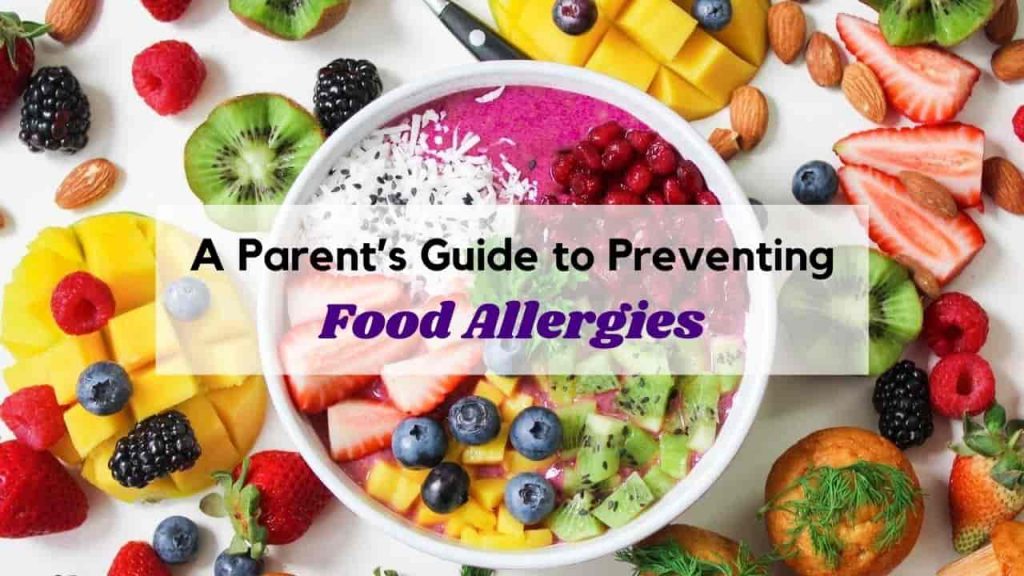There are so many food allergens that cause about 200,000 kinds of food allergies in all age groups. The babies from 0 to 24 months, being very sensitive at so early an age, are more vulnerable to food allergy as compared to the older persons. Parents are really worried about how to help reduce their infant’s risk of developing food allergy. That’s why they are always ready to follow the new guidelines safely and effectively.
Preventing food allergies is important for all babies
One in every 12 children is affected with some food allergy in the United States and the emergency room receives someone with a food allergy every 3 seconds. Besides, allergy reactions can be severe and even life-threatening at times. All the infants or babies are at risk of developing food allergy because more than half the victims do not have any family history in this regard. It is, therefore, very much necessary that all the babies be prevented from this serious allergy.
A guideline to defend your child against food allergies
1. Try an early start
It is natural that babies’ immune system begins to develop either positive or negative responses to different foods at around 4 to 6 months of age. In case of a positive response, the baby is not at risk of developing food allergy to a particular food. Otherwise, things will not remain normal both for the child and the parents who are supposed to care for their children. Early allergen introduction is highly beneficial for the child as it reduces the risk of food allergy.
2. Do not rely only on the breast milk
Recent studies show that there is no conclusive evidence that breast milk alone is strong enough to defend or prevent all food allergies. So, there should be an introduction to common food allergens early no matter what parents choose to feed their infant. Introducing the allergenic foods early causes a significant reduction in the development of food allergy.
3. Introduce peanut, egg and cow milk
It is surprising that 80% of childhood food allergies are caused by peanut, egg and cow milk. So, it will be very sensible if parents introduce these allergens early to help fight food allergy afterwards.
4. Introduce an allergenic Food when it is best for the baby
Introducing an allergenic food any time without considering certain points is never fruitful. Parents must introduce an allergen when the baby is healthy and it is convenient for them to monitor him carefully. Better if parents manage at least two hours’ monitoring after the first meal to find if the child shows any symptoms of allergy. Besides, only one allergen must be introduced at a time to watch whether or not the child is allergic to that specific food. There must be a gap of 5 to 6 days between introducing a new allergen.
